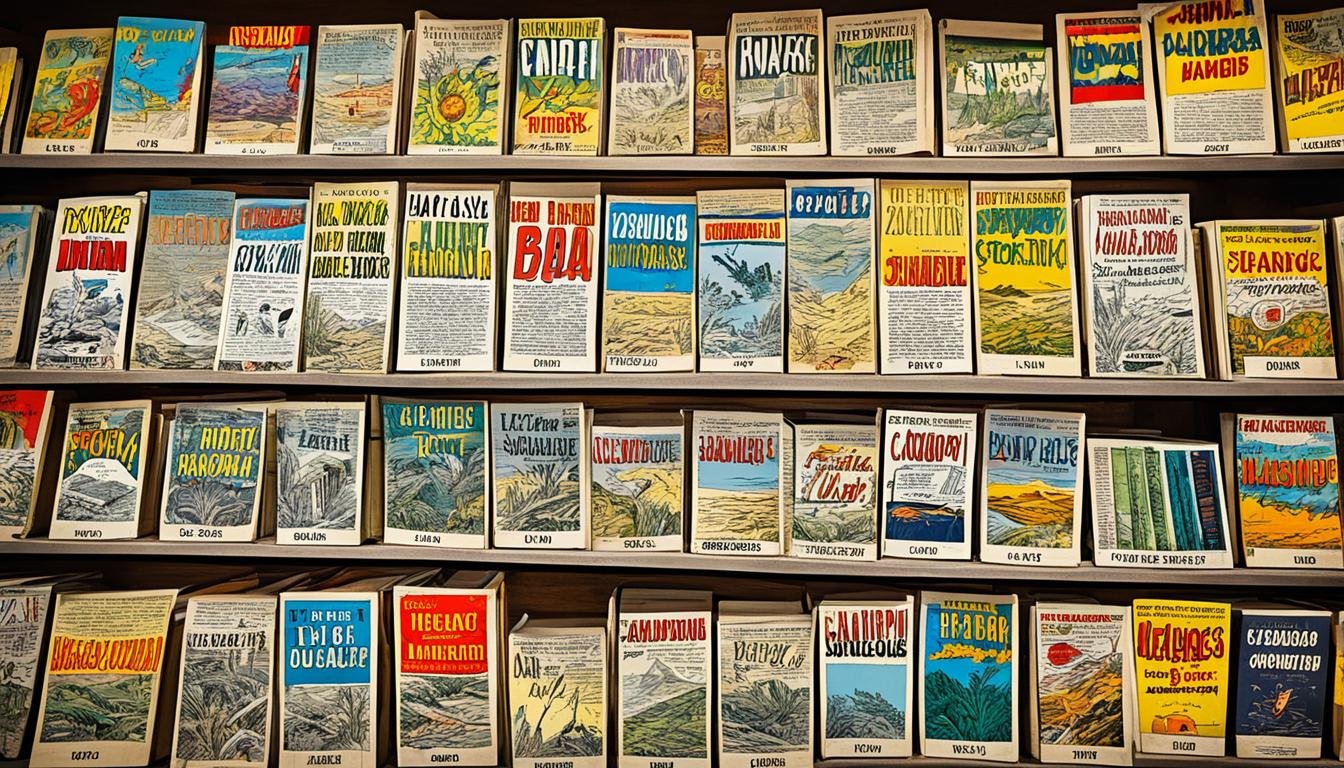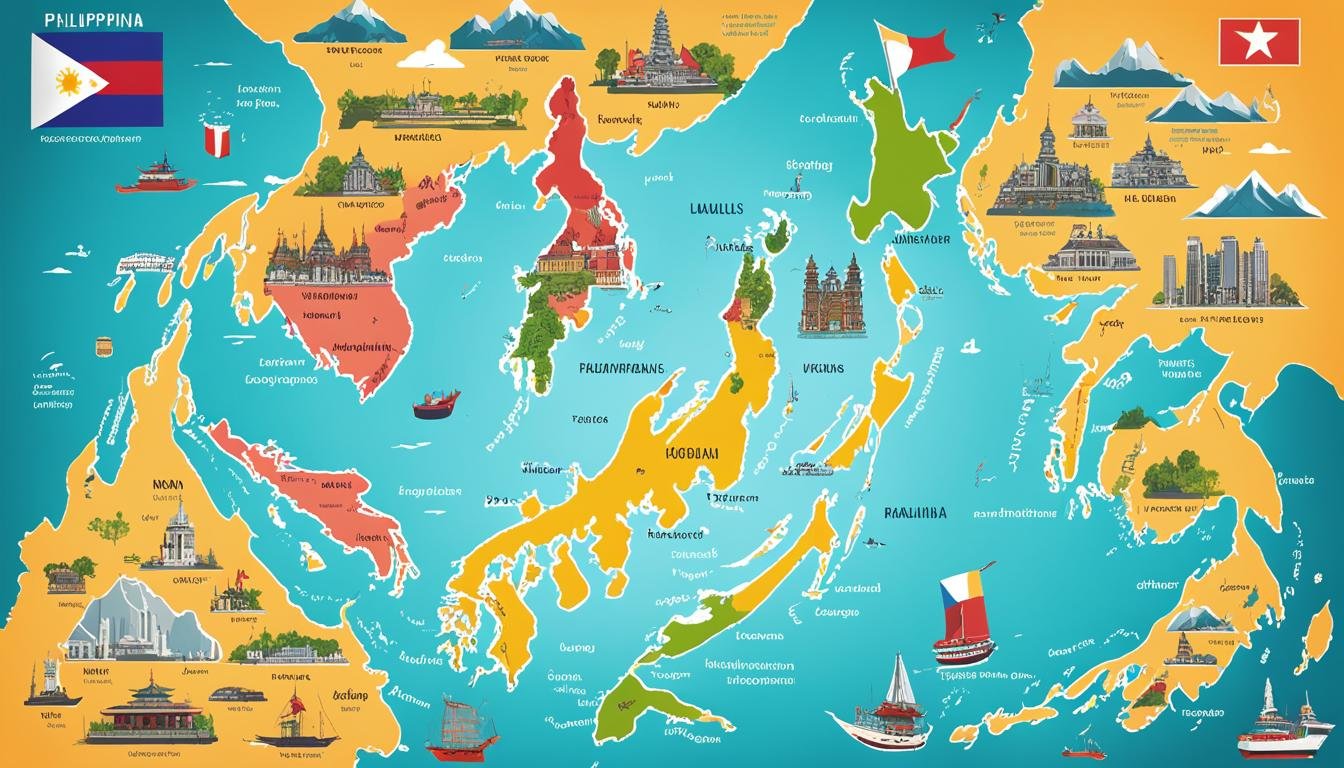The story of rice captivates the hearts of many in the Philippines. It has been shared through the years, highlighting a bond with the earth. H. Otley Beyer spent his life studying the folklore of rice and its practices. Today, we learn about the story’s beginning through his work. Key Takeaways: The story of rice…
Filipino Culture and Heritage
Dead or Dying Philippine Languages
The Philippines holds more than 180 languages. Sadly, a lot of these are at risk of disappearing. The rapid loss of these languages threatens the country’s rich tapestry of linguistic traditions. Key Takeaways: There are over 180 languages spoken in the Philippines. Many Philippine languages are at risk of becoming extinct. The loss of these…
Philippine Heroes’ Relationships – Did They Know Each Other?
The Philippines has a rich history of heroes fighting for freedom and equality. But how much did these heroes actually know each other? Were famous heroes like Jose Rizal and Andres Bonifacio friends or rivals? Did they work together or follow different paths? This article will look into the friendships and connections between Philippine heroes….
Most Shocking Facts About Filipino Heroes Unveiled
Do you think you know everything about Filipino heroes? Get ready to be blown away. We’re revealing untold stories and shocking facts that changed the country’s history. Filipino heroes have some surprising secrets and their legacies will make you rethink what you know. Key Takeaways: Discover the lesser-known facts about Filipino heroes and their contributions…
Exploring the Kumintang Epic of Timog Katagalugan
Have you ever thought about the tales that make up Timog Katagalugan’s rich culture? Stories have always been key in telling who we are and where we come from. The Kumintang Epic, in particular, shines bright in the Filipino culture. This breathtaking epic tells the story of the land like no other. Let’s journey into…
Origin of Last Name Diaz in the Philippines
The Diaz surname holds a significant place in the Philippines, but its roots can be traced back to the Kingdom of Castile in Spain. This common Spanish surname has gained popularity and prominence over the years, making it an important part of Filipino heritage. The Diaz surname has its origins in the Visigoth period in…
Is Filipino a Language?
Filipino is a language that holds a significant place in the linguistic landscape of the Philippines. As the national language of the country, Filipino plays a crucial role in communication and cultural identity. It is part of the Austronesian language family, which encompasses various languages spoken throughout Southeast Asia and the Pacific. Filipino is a…
Philippines Main Language
The Philippines is a linguistically diverse country, with 130 to 195 languages spoken throughout the archipelago. The main language of the Philippines is Filipino, which is based on Tagalog. English is also considered an official language. In addition to Filipino and English, there are numerous regional languages spoken in different parts of the country, such…
What is the Religion of the Philippines?
The Philippines is a country known for its diverse faiths and rich cultural heritage. The religious landscape of the Philippines is a reflection of its complex history and the various influences that have shaped its society. From the dominant presence of Roman Catholicism to the vibrant Muslim communities and indigenous belief systems, the Philippines is…









